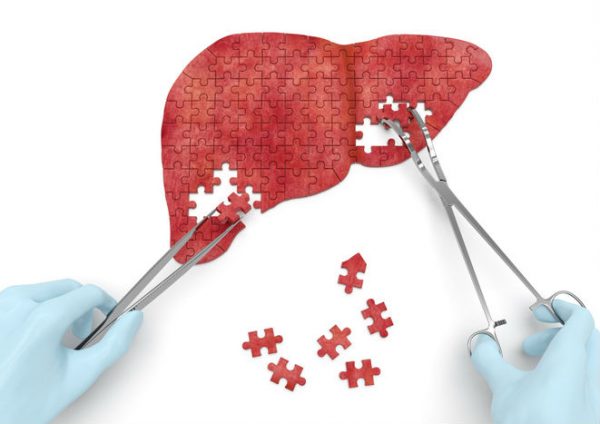
The liver is the only organ in the human body capable of regenerating itself. Boehringer Ingelheim has begun a research alliance with a startup to see if its technology can produce new therapies that tap into the liver’s capacity for regeneration and repair.
Boehringer is committing to pay Ochre Bio to up to $35 million to begin the partnership, which is focused on identifying, characterizing, and validating multiple novel regenerative targets for chronic liver diseases. Specific targets were not disclosed, but Monday’s announcement describes the deal as a multi-target, multi-year collaboration.
Ochre develops RNA medicines for chronic liver diseases. The Oxford, U.K.-based startup hasn’t disclosed details about its internal pipeline, but the company discovers the targets for its drugs with a technology platform that’s a combination of experimental and computational approaches.

With the Rise of AI, What IP Disputes in Healthcare Are Likely to Emerge?
Munck Wilson Mandala Partner Greg Howison shared his perspective on some of the legal ramifications around AI, IP, connected devices and the data they generate, in response to emailed questions.
Ochre runs tests on donor livers that aren’t suitable for transplant but still have value for drug research. Machines mimic the body’s physiological conditions to keep the livers functioning. Meanwhile, tests on the organs yield data that Ochre analyzes with machine learning techniques. The company says that rather than relying on animal models that aren’t predictive of what an experimental therapy will do in humans, its approach generates human-relevant data. This liver testing is conducted at a research site in New York.
Germany-based Boehringer already has a clinical-stage program for metabolic dysfunction-associated steatohepatitis, the fatty liver disease known as MASH. Boehringer’s peptide drug candidate, survodutide, activates the GLP-1 and glucagon receptors to trigger metabolic effects. In February, Boehringer reported data showing treatment with survodutide led to liver improvement in MASH patients, meeting the main goal of its Phase 2 clinical trial.
Survodutide’s clinical trial results keep it competitive with tirzepatide, a metabolic disorder drug from Eli Lilly that also has positive mid-stage data in MASH. Both drugs are chasing Madrigal Pharmaceutical’s Rezdiffra, whose FDA approval last month made that once-daily pill the first therapy for MASH. Madrigal’s small molecule targets a receptor that mediates metabolic activity, including metabolization of fat. The liver benefit from all of these drugs is believed to come from fat reduction.
Rezdiffra’s approval does not include treatment of MASH patients with stage 4 fibrosis, the most advanced stage of the disease. At this stage, patients have liver cirrhosis whose only recourse is an organ transplant. Boehringer and Ochre note that there are no approved medicines for chronic liver disease that has reached this advanced state. Boehringer aims to develop therapies that modulate regenerative targets to prevent or even reverse the progression of liver diseases. The companies say this goal is important because with the progression of chronic liver disease, the organ’s ability to regenerate and repair itself diminishes.
“Ochre Bio brings to the table unique and exciting capabilities in liver disease research,” Søren Tullin, senior vice president and global head of cardiometabolic diseases research, Boehringer Ingelheim, said in a prepared statement. “We believe their application of advanced genomics and machine learning coupled with human-centric translational models holds the potential to uncover novel regenerative pathways that will make a meaningful difference in the lives of those affected by chronic liver disease.”
The $35 million sum that kicks off the collaboration is a combination of upfront and near-term research-based milestone payments. If therapies from the alliance achieve clinical, regulatory, and commercial milestones, Boehringer’s payments to Ochre could top $1 billion.
Photo: Sakramir, Getty Images














